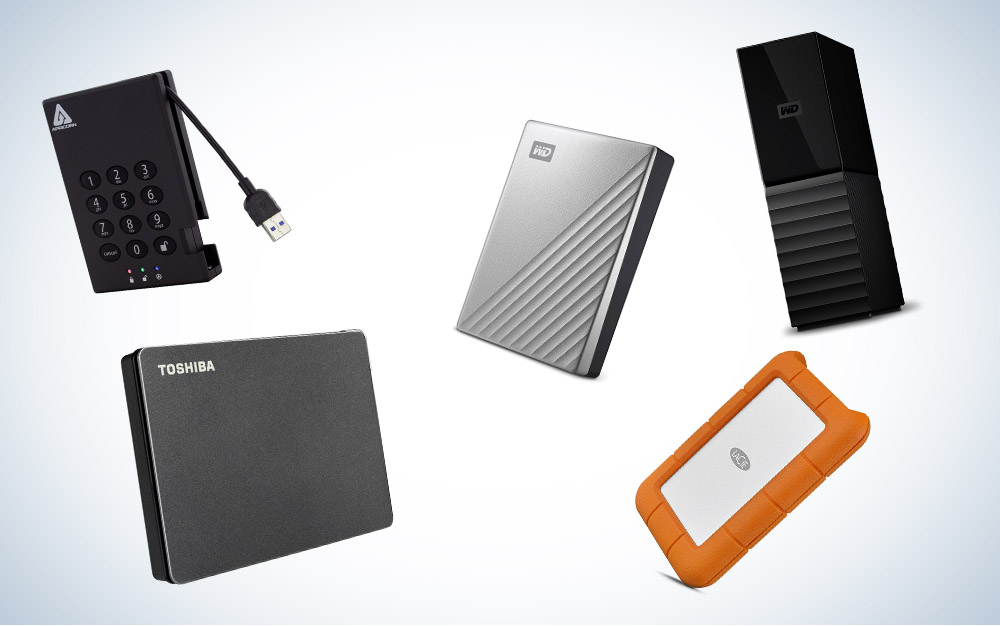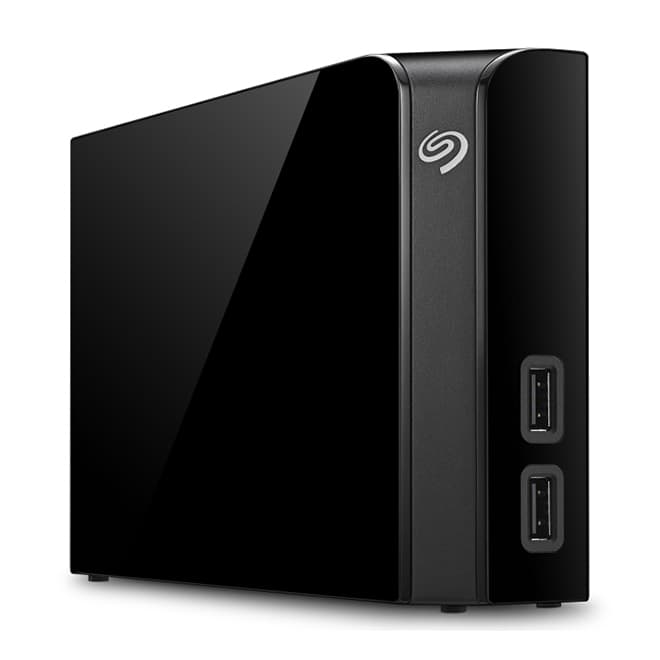

- #Best most reliable external hard drives how to
- #Best most reliable external hard drives upgrade
- #Best most reliable external hard drives portable
- #Best most reliable external hard drives password


Sabrent has pushed the boundaries of fast flash and high capacity with its recent SSDs, surpassing the biggest names in the industry.
#Best most reliable external hard drives portable
Read: SanDisk Extreme Pro v2 Portable SSD Review But it sells for about $50 less at the 1TB capacity. If you like the idea of a 20 Gbps SSD but don't quite have the budget for SanDisk's Pro v2 drive, Kingston's XS2000 isn't quite as fast, especially under sustained workloads.
#Best most reliable external hard drives password
Not only is it fast and well-designed, but it is also secure, coming with AES 256-bit full-disk encryption and password protection for those who need to keep their data locked away from prying eyes. The drive is even IP55 water and dust-resistant. The Extreme Pro v2 houses WD’s SN730E, a PCIe 3.0 x4 M.2 NVMe SSD, and an ASMedia ASM2364 USB Gen 2x2 bridge chip.Īll of this is protected by a rigid aluminum chassis that’s covered in an impact-absorbing silicone. When paired with the latest systems that fully support its USB 20 Gbps connection, it delivers very fast file transfer speeds that rival the Thunderbolt 3-based competition.
#Best most reliable external hard drives upgrade
So if you opt for that model, you'll have far more drive options, and you could upgrade later to a speedier drive.īest External Hard Drives and Portable SSDs You Can Buy Todayīuilt for the professional market and priced as such, SanDisk’s Extreme Pro v2 has a durable, secure design. Also note that a recent Silverstone Raven SSD enclosure works with both SATA and NVMe drives.
#Best most reliable external hard drives how to
We've detailed how to build your external SSD here.
You Can Save Money By Making Your Own Portable SSD. If you're even a little tech savvy, you can pick up an external SSD enclosure and use an old M.2 drive you might have around from a laptop or desktop upgrade, or buy one that you see on sale. Because hardware failure is always possible, and portable drives are often small enough to lose or leave behind by accident. Portable SSDs are better here, but you should still keep your irreplacable data backed up on a desktop drive and / or on a cloud service. Don’t Use a Portable Hard Drive as Your Only Backup. Portable hard drives are made up of spinning glass or metal platters, making them a poor choice as a primary backup of your data-especially if you carry them around. But if you need cavernous amounts of external storage, a hard drive is a better option for most, as multi-terabyte external SSDs sell for several hundred dollars, but 4TB portable hard drives can sell for under $100 (£90). A portable SSD will also be much faster at reading and writing lots of data. If you don’t need terabytes of storage and you often travel with your drive, a portable SSD is worth paying extra for. But they’re also much slower and more fragile than solid-state drives. Portable Hard Drive or SSD? Drives that have spinning storage platters inside are very affordable, with 1TB models often selling for under $50 (£40). When shopping for an external drive or SSD, consider the following: If you're curious about the kinds of speed and features that will be available with cutting-edge and future external drives, check out Everything We Know About USB 4.0. And you may not want to pay for extra speed if the ports where you use the drive most are old and slow. Consider how rugged your drive needs to be, how much capacity you need, and what connections will be available in places where you'll want to plug in your drive. An extremely fast drive at home won't be useful if you can't plug it in at work or school. To help you pick the best portable external drive for your needs, we meticulously test and review dozens of drives as they become available and publish our list of specific recommendations of the best portable SSDs and hard drives on this page.īefore we get to the picks, there are a few important things to think about, whether you need a drive for work, school or home use. But with dozens of external drives available, how do you know which is the right external drive to buy? Should you opt for a speedier, more rugged (and more expensive) external SSD instead of a portable hard drive made up of comparatively fragile spinning platters? Or is a slower, roomier and more fragile (and much cheaper) portable hard drive OK for your storage needs?







 0 kommentar(er)
0 kommentar(er)
